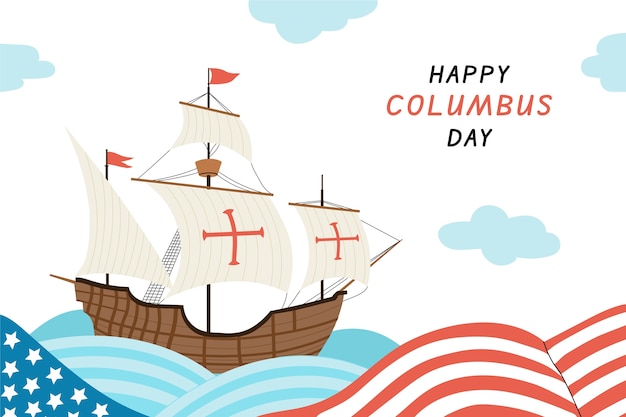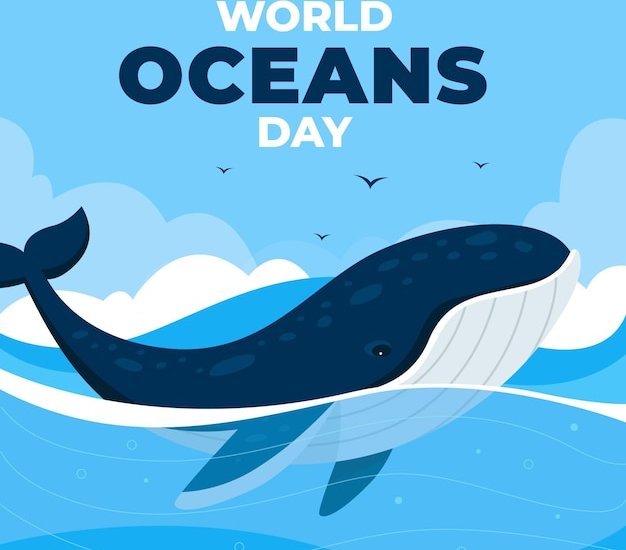Christopher Columbus Facts for Kids

Christopher Columbus was an Italian explorer who is credited with discovering America.
Columbus was born in Genoa, Italy in 1451.
As a child, Columbus showed great interest in exploring the sea.
Columbus believed that by sailing west, he could reach Asia.
In 1492, Columbus set off on his famous journey with three ships: the Santa Maria, the Pinta, and the Niña.
After sailing for several weeks, Columbus finally arrived in the Bahamas.
Columbus called the indigenous people he encountered Indians because he believed he had reached India.
Columbus made three more voyages to the Americas, exploring various islands and coastlines.
Despite his explorations, Columbus never actually set foot on what is now mainland America.
Columbus and his crew faced many challenges on their voyages, including storms and illness.
Columbus is often celebrated as a brave explorer, but his arrival in the Americas also had negative consequences for indigenous people.
Columbus introduced European diseases to the indigenous populations, leading to widespread illness and death.
Many consider Columbus’s arrival in the Americas as the beginning of European colonization and the subsequent mistreatment of indigenous peoples.
Columbus’s discoveries paved the way for future European explorers and settlers in the Americas.
Some historians argue that Columbus’s voyages unintentionally started the process of globalization.
Christopher Columbus Facts for Kids part 2
Columbus returned to Spain after his voyages, where he was initially regarded as a hero.
Columbus’s legacy has been a topic of debate, with some questioning his true motives and the impact of his actions.
Columbus died in 1506, believing until his death that he had discovered a new route to Asia.
His voyages opened up new trade routes between Europe and the Americas.
Columbus’s expeditions inspired other European countries to explore and colonize the New World.
Columbus’s journeys marked the beginning of the Age of Exploration.
The Caribbean island of Hispaniola was Columbus’s initial point of settlement in the Americas.
Columbus’s voyages brought back new plants and animals to Europe, initiating the Columbian Exchange.
The concept of a round Earth was already known during Columbus’s time, contrary to popular belief.
The Santa Maria, Columbus’s flagship, ran aground and had to be abandoned during his first voyage.
Columbus encountered native tribes in the Americas with diverse cultures and languages.
Columbus’s fourth voyage took him to Central America, exploring areas such as present-day Panama and Honduras.
Columbus’s discoveries had a profound impact on world history by connecting previously isolated continents.
Columbus’s navigation methods were heavily influenced by the ancient Greeks and their knowledge of astronomy.
Columbus’s journal entries provide valuable insight into the early encounters between Europeans and indigenous peoples.
Columbus’s voyages sparked a race among European nations to claim the newly discovered lands.
Many places throughout the Americas are named after Columbus, such as the capital cities of Colombia and Ohio.
Columbus’s legacy continues to be discussed and reevaluated in the modern era.
Columbus’s voyages inspired countless myths and legends, including stories of sea monsters and strange creatures.
Columbus’s expeditions showed that the Earth’s oceans were vast and unexplored.
Columbus’s discoveries challenged the prevailing knowledge and beliefs of his time.
Columbus’s journeys had a significant impact on the economies of Europe and the Americas.
Columbus’s descendants played important roles in European history, particularly in Spain.
Columbus’s exploration of the New World indirectly led to the colonization of Australia by the British.
The famous poem In 1492 by Jean Marzollo recounts Columbus’s journey.
Columbus’s voyages demonstrated the importance of accurate maps and navigation tools.
Columbus was a skilled sailor and was able to navigate across vast oceans without the aid of modern technology.
Columbus’s expeditions sparked interest in finding new trade routes to Asia, leading to further exploration and discoveries.
Columbus is often depicted in artwork and statues, symbolizing the spirit of exploration and adventure.
Columbus’s legacy serves as a reminder of the complexity of history and the importance of critically examining historical figures.

